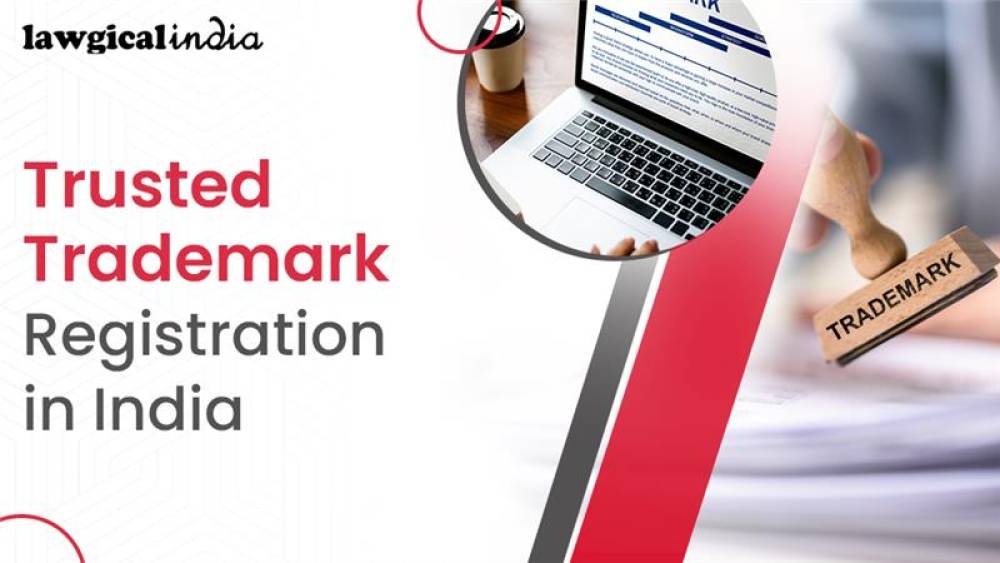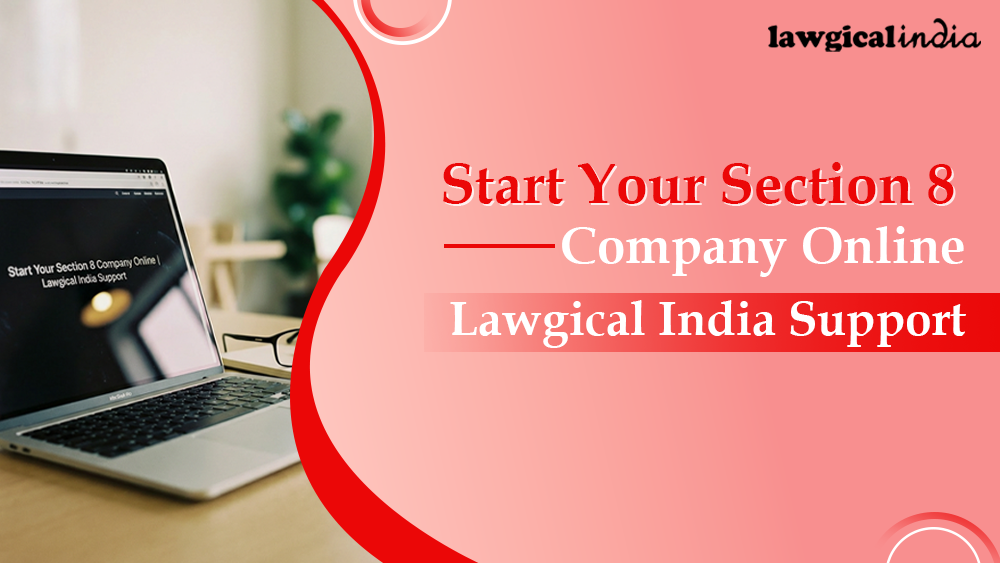According to the Companies Act 2013, companies are classified based on liability, ownership, size, and intended business activity. Among the several types of companies, a sole proprietorship is the easiest type to establish and a popular choice for small businesses. Most small businesses start as sole proprietorships and then expand to a limited liability entity or corporation.
In the fast-evolving business landscape, the sole proprietorship model is losing popularity. Now, entrepreneurs increasingly opt for structured business entities such as Private Limited Companies, Limited Liability Partnerships (LLPs), and One-Person Companies (OPCs). These business types offer more scope to grow and be separate from the company's financial and legal identity.
While sole proprietorships have traditionally been popular due to their simplicity and ease of setup, they now face multiple challenges that make them less viable for modern businesses. Several factors contribute to the declining preference for this business structure, from liability concerns to funding difficulties, scalability issues, and increased compliance burdens.
Here are the primary reasons that led to the decline of the popularity of sole proprietorship in the global business dynamics:
.jpg)
Limited Liability Risks
One of the most significant drawbacks of a sole proprietorship is the issue of unlimited liability. Unlike other company models, in a sole proprietorship, the company is not a separate legal identity from the owner. The owner is entirely responsible for all business debts and liabilities. If the business incurs losses, the proprietor's assets, such as savings, property, or even vehicles, can be seized to settle debts.
In the current scenario, there are more risks involved in the business, hence, more entrepreneurs prefer Limited Liability Partnerships and Private Limited Companies as they offer liability protection. These entities ensure that personal assets remain protected even if the business faces financial setbacks. With growing uncertainties in the global economy, safeguarding personal wealth has become a priority, leading many to choose structures with better legal protections.
Funding Challenges
Raising capital is the most crucial aspect that supports business growth, but sole proprietors struggle to secure funding compared to other structured businesses. Banks and financial institutions often hesitate to grant loans to sole proprietorships due to the high risk associated with single-owner businesses.
Furthermore, many venture capitalists and angel investors prefer investing in private limited companies or LLPs, as these structures offer better governance, transparency, and equity distribution models.
In contrast, private limited companies can issue shares and attract investments from multiple stakeholders. Even small businesses that initially operated as sole proprietorships are now transitioning to corporate structures to gain better access to financial resources, government grants, and investor confidence.
Tax Disadvantages
Tax efficiency is another reason sole proprietorships are becoming less attractive. In India, sole proprietors are taxed based on individual income tax slabs, often resulting in higher tax rates as profits increase. Private limited companies and LLPs, on the other hand, benefit from lower corporate tax rates, tax deductions on business expenses, and various government incentives.
With governments worldwide reforming tax policies to support structured business entities, sole proprietors face the burden of paying higher taxes without enjoying the same benefits as incorporated businesses. This discrepancy makes corporate structures more appealing to new entrepreneurs.
Compliance & Legal Issues
While sole proprietorships are known for minimal compliance requirements, the business environment in 2025 demands greater legal adherence and structured operations. Governments and regulatory bodies are tightening compliance laws to ensure financial transparency, making it difficult for sole proprietors to operate informally.
Additionally, licensing requirements, GST filings, and labour laws are becoming more stringent. Many business activities that could previously be carried out without registration now require legal documentation and compliance with stricter policies. As a result, small business owners find it more practical to register their companies as LLPs or private limited firms to ensure long-term legal security.
The sole proprietorship structure was once the go-to choice for small businesses due to its simplicity, and is losing relevance in 2025. The increasing complexity of modern business operations, regulatory frameworks, and funding requirements have made corporate structures like Private Limited Companies and LLPs more attractive. Entrepreneurs prioritise liability protection, funding opportunities, tax benefits, and scalability—factors that sole proprietorships fail to offer.
This model is becoming outdated as technology, globalization, and investment trends reshape the business environment. While it is still an entry point for many small entrepreneurs, long-term growth, financial security, and sustainability require transitioning to more structured business models. Entrepreneurs in 2025 must carefully evaluate their business goals and opt for a structure that ensures stability, scalability, and success in the competitive market.
Contact Lawgical India Business Developers Pvt. Ltd. to register your company as any business structure. Our team of 80+ professionals will assist you in the registration process thoroughly. We will help you figure out the key legal requirements and fulfil them on your behalf.
Moreover, we excel in other fields, such as GST registration and FSSAI licensing, Apeda Registration, MSME Registration, PAN Registration in India and other services. Our experts are well aware of the intricacies of legal processes and have ample experience in this field. You can chill while we do all the computation and legal work, ensuring you face no difficulties.
FAQs
-
What are the services offered by Lawgical India?
Lawgical India specializes in Company registration, obtaining FSSAI license, Apeda Registration, GST Registration, MSME Registration, Pan Registration in India.
2. Why is the sole proprietorship model losing popularity in 2025?
Sole proprietorships lack liability protection, struggle with funding, and offer fewer tax advantages. As business needs evolve, entrepreneurs prefer more structured setups like Private Limited Companies or LLPs. Lawgical India can help you make this shift smoothly.
3. What’s the main risk of running a sole proprietorship?
Unlimited liability. If the business faces debt or legal issues, your personal assets are on the line. Many business owners now prefer structures that safeguard their personal wealth. Lawgical India can assist you in choosing and registering a safer business structure.
4. Is it harder to raise funds as a sole proprietor?
Yes, banks and investors usually hesitate to fund sole proprietors. Structured entities like private limited companies are more credible in the eyes of lenders. Lawgical India helps businesses restructure for better access to capital and investment.
5. Are private limited companies more tax-friendly?
Generally, yes. Corporate structures often benefit from lower tax rates, exemptions, and government incentives. If you're looking to reduce tax burden and increase compliance benefits, Lawgical India can guide you through the best tax-efficient structure.
6. Isn’t less compliance a benefit of a sole proprietorship?
It was—but not anymore. In 2025, compliance requirements have increased across all business types. From GST filings to labor laws, even sole proprietors must stay legally updated. Lawgical India ensures you're compliant, no matter your business type.
7. Can I start as a sole proprietor and convert later?
Yes, and many entrepreneurs do. But delaying can mean missing out on funding and tax benefits. Lawgical India makes the conversion seamless—handling documentation, legalities, and registration on your behalf.
8. Are private limited companies more scalable?
Definitely. They allow you to bring in partners, investors, and scale faster. Whether you're planning for growth or looking to formalize your operations, Lawgical India helps build scalable business structures tailored to your goals.
9. Is registering a private limited company complicated?
It can be, but not with expert help. Lawgical India takes care of everything—from name reservation and DIN application to MoA drafting and company incorporation.
10. How does Lawgical India support small business owners?
We help with everything from company registration to ongoing compliance, tax filings, and industry-specific licenses. Our 80+ legal and business professionals take care of the technicalities so you can focus on growing your business.











No comments yet. Be the first to comment!